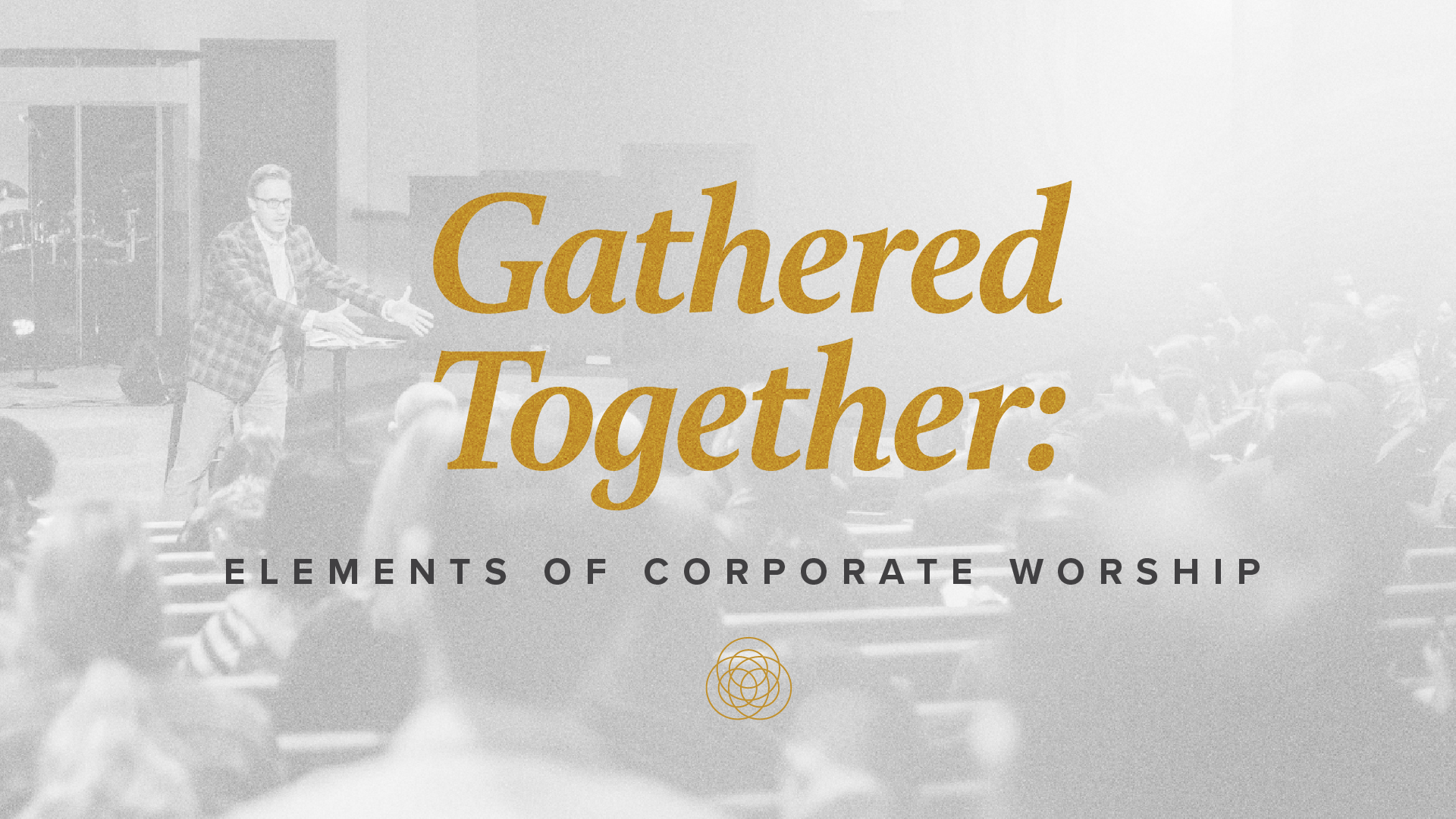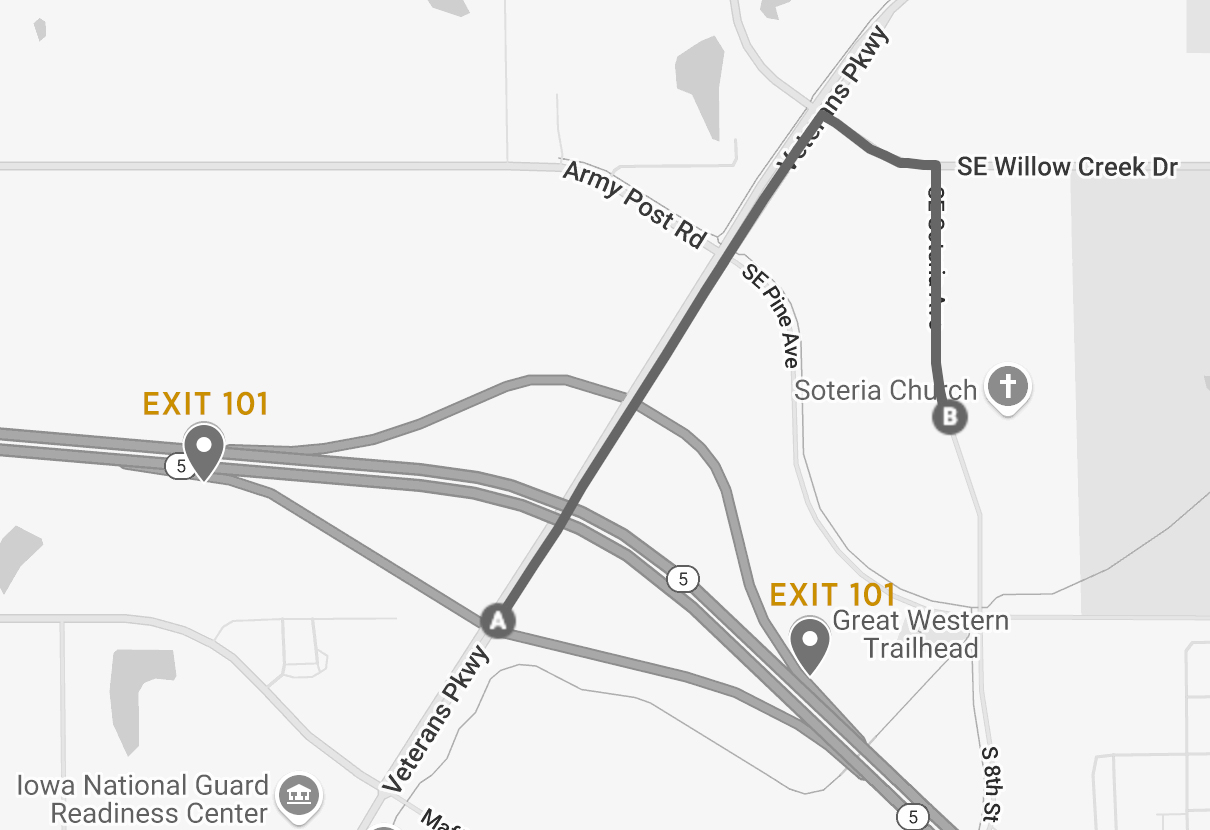Why We Begin With a Call to Worship
Gathered Together: Elements of Corporate Worship
By Zach Dietrich
As my family watched parts of the Winter Olympics, I realized how easily I can fail to appreciate what’s happening because I don’t understand what I’m watching. I don’t know the strategy, the training, or in some cases, how you even score. So, it’s helpful to have a commentator explain the complexity of the curlers’ footwork or Scott Hamilton marvel at the latest ice skating superstar. (No commentary helps me see skeleton racing as anything but insane!) Commentary helps us appreciate what might otherwise seem irrelevant or unnecessary.
Why do we do what we do during our Sunday gatherings? Why do we pray? Why do we collect an offering? Why do we listen to a sermon instead of watching a play or having a dialogue? Have you ever stopped to consider how strange it is that people with no familial or career or even community connections meet weekly to sing songs facing forward? Have you stopped to consider the components of weekly worship? Consider this series your “Tony Romo” color commentary on Sundays at Soteria. Hopefully, the commentary will help you not only understand what’s happening but also participate more effectively.
Here are regular components in our gathered worship:
- Call to worship
- Songs
- Prayer
- Scripture reading
- Sermon
- Ordinances: Lord’s supper and baptisms
- Giving
- Benediction
Our services often begin with a call to worship. We begin with a Scripture reading or exhortation that points our attention to our God as we gather together for worship. For example, we recently began with Psalm 24:
“The earth and everything in it, the world and its inhabitants, belong to the LORD; for he laid its foundation on the seas and established it on the rivers” (Psalm 24:1-2).
It may be tempting to begin commenting on music first. But then we would fail to consider how peculiar it is that weekly, people from various neighborhoods and often with no same favorite sports team or family connection or social interests, gather for an hour in one large room. Perhaps we’ve never stopped to notice the call to worship because we – yes, I’m including myself – often think the service officially begins on the third verse of the first song. But our services begin with a call to worship.
Songwriter and author Bob Kauflin writes, “A call to worship reminds us that coming together isn’t our initiative. We didn’t think this up. God is the one who has called us out of the world to rehearse the gospel in his presence for his glory and our good through the power of his Spirit.” God has called his people. The call to worship echoes God’s call to us. We love because he first loved us. We worship because he first called us.
What are we called to? Or perhaps we could first ask, what are we called from? Or, what are we not called to? We are not called to a concert, a pep talk, a TED talk, or an emotional experience. Nor are we called to worship in a place. We gather locally, yes, but the point isn’t the location or building. We are called together. When we gather, resumés, family status, and bank accounts fade into the background, and our own stories become less significant. We are called away from our individual lives into a new community, the ecclesia.
The gospel is the story, so I like to think of each service as telling the story of the gospel. No, not just the sermon or a sermon illustration, but the whole service – singing and prayer and preaching – tells the story of the gospel. So, the call to worship calls us out of our own stories and places us within the great story of the gospel. God’s story has been outlined variously, so here are three ways you can trace the story of the gospel through each Sunday.
Father, Son, Holy Spirit
The gospel is God’s story, and God is a triune God. There are three persons in one God: the Father, the Son, and the Holy Spirit. All three members of the Trinity are at work in our salvation and in the church. Our worship ought to reflect that Trinitarian harmony as well. As you participate in corporate worship in the coming weeks, give attention to the story of the Triune God.
Creation, Fall, Redemption, Restoration
The story of history has often been summarized as four great movements: creation, fall, redemption, restoration. I like to trace this story through our services. We often begin with songs like “All Creatures of Our God and King,” extolling our perfect God. But, we all rebelled against God and are utterly hopeless apart from him – “Lord, I Need You.” Christ has redeemed us, but we still long for the moment “when Christ shall come with shouts of acclamation” and take us home. Isn’t that amazing? Each week, in various ways, we have a chance to rehearse the whole story of the world in an hour.
God, Sin, Jesus, Faith
The story of the gospel is most simply communicated with four words: God, sin, Jesus, faith. Or, as we proclaim at Soteria, especially on Baptism Sundays: “God is holy, I am sinful, Jesus saves, He is mine by faith.” That gospel anthem isn’t only for baptisms or during the Lord’s Supper. Each week rehearses the gospel story we have let fade over the past six days. In our services, we confess that our greatest problem is sin and remember yet again that Jesus paid it all. We will stand as children of the promise. “We will fix our eyes on Him, our soul’s reward. ‘Til the race is finished and the work is done, we’ll walk by faith and not by sight.”
Conclusion
A call to worship isn’t a chance to let just a few more people sneak in before the singing starts. A call to worship is an invitation – an echo of God’s call – into the story of the gospel. This week and every week, trace the story of the gospel as we gather.


